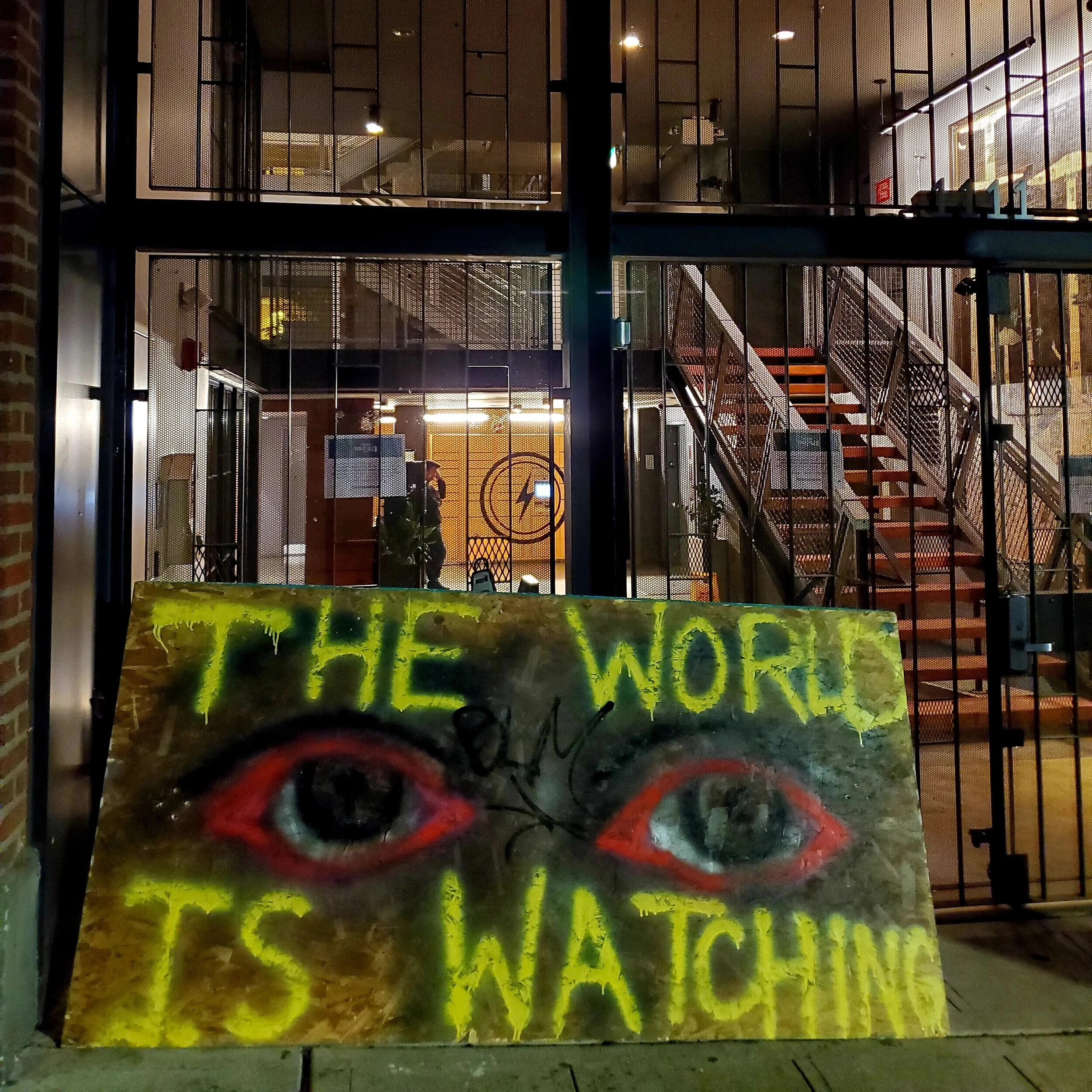A timid Seattle votes to sweep its problems — and promises — under the rug
/By Matt Halvorson
With local elections upon us, I’ve found myself thinking a lot about the uprising of 2020 — or more specifically, about the daytime marches during the uprising of 2020.
People came out of the woodwork to march and carry signs, both nationally and in the Seattle area, and many of these folks were out there for the first time — feeling compelled as never before to make a visible stand against racism and police violence.
In many ways, we briefly glorified all of it as signaling a larger awakening, and the mainstream narrative became a tale of our nation’s “reckoning” with a racist past and present.
Of course, it didn’t take long for mainstream interest to move on. A tiny percentage of promised corporate donations in the wake of George Floyd’s murder were actually given. People stopped marching in the streets, started deciding the protests had really gone on long enough, and got back to business as usual — back to viewing protest as just a public disturbance, and property damage as somehow more violent and unforgivable than ongoing state-sanctioned violence against humans.
Change can seem daunting once it’s time for ideas to become a new reality — once it’s time to stop marching and slogan-making, and start making different choices in our day-to-day lives. But it felt to me as if promises were being made, as if the people rising up around me were more than just caught up in a momentary blip of excitement.
In passive-progressive Seattle, we are now dealing with both a failure of will and a failure of skill when it comes to doing the hard work of upending systems of oppression.
After weeks and months of copaganda and anti-liberation propaganda filling our mailboxes, we folded up like a cheap lawn chair.
Seattle had a chance to elect an abolitionist, Nicole Thomas-Kennedy, to be our city’s attorney, and instead elected a Republican.
Seattle had a chance to elect Nikkita Oliver, one of our region’s most famous and consistently brilliant abolitionists, to an open city council seat, and we elected a white businesswoman from North Seattle instead.
Are we that afraid?
It’s hard for me to stomach. This snuffed out my last sparks of hope that there is any way to vote or legislate our way out of these global systems of oppression. (Actually, no. That happened a long time ago. But still, this has only buried that hope even deeper.)
Were the marches really that meaningless? Was the anger really so momentary?
Did we learn nothing?
Do we forget so soon?








